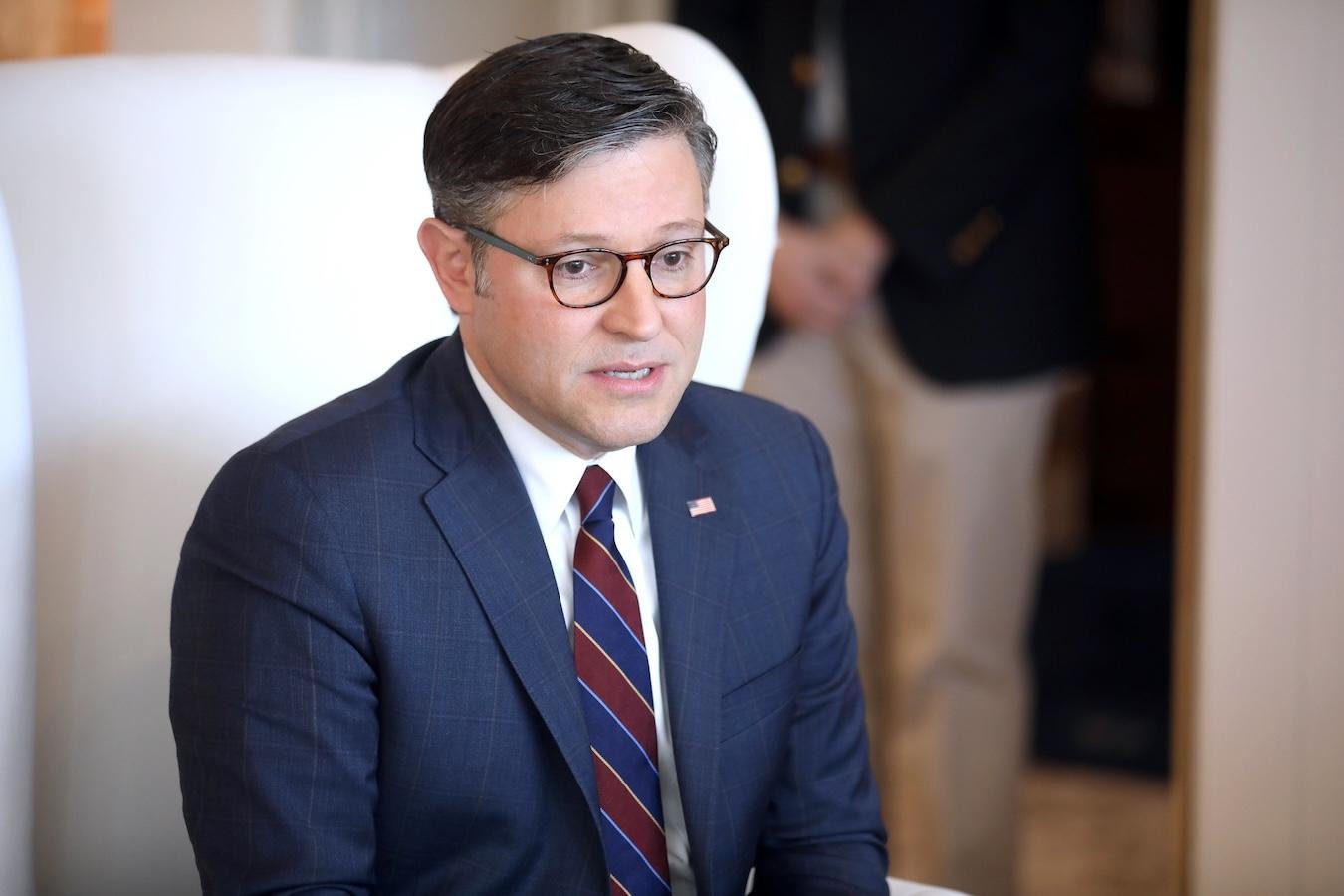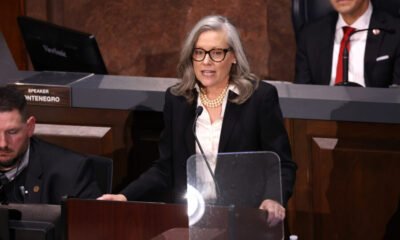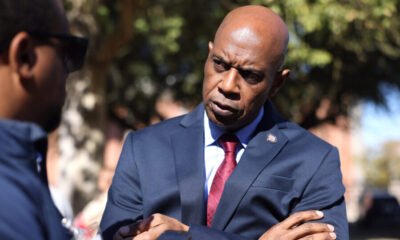Business
Chances of Government Shutdown Soar as Trump and GOP Dismiss Stopgap Spending Bill

Efforts to avert a partial government shutdown scheduled for this weekend disintegrated on Wednesday as numerous Republicans voiced their discontent over various unrelated provisions in a proposed short-term funding package.
Adding to the complexity, Vice President-elect J.D. Vance stated via social media that he and President-elect Donald Trump believe Republicans should utilize the two days before a potential shutdown to push Democrats to discuss raising or suspending the debt limit.
The recently unveiled, comprehensive spending bill is designed to fund the government until March 14. Additionally, it would extend agriculture and nutrition programs under the farm bill until September 30. Spanning 1,547 pages, the legislation also allocates tens of billions in emergency aid for communities recovering from natural disasters.
However, far-right members of the Republican Party, along with Trump and his supporters, are perturbed by several added sections that they feel are extraneous. They insist that these provisions be removed to preserve essential program funding, which threatens recent negotiations between the Republican-led House and the Democratic-controlled Senate.
Failure to pass a short-term spending bill by midnight on Friday would necessitate a total shutdown of all federal departments and agencies. In such a scenario, federally exempt employees would have to work without pay while non-exempt employees would face furloughs.
Unlike the 35-day partial government shutdown of Trump’s first term, this shutdown would impact a more extensive range of federal operations, as many full-year appropriations bills have already been approved during the 2018-2019 shutdown, protecting departments like Defense and Veterans Affairs.
Should a stopgap funding bill not be passed by the imposed deadline, U.S. troops and various national security agencies, including Customs and Border Protection, would see their pay disrupted. Furthermore, federal departments aiding communities responding to natural disasters, such as hurricanes Helene and Milton, would also be significantly affected.
Wednesday marked the first time the debt ceiling was included in funding discussions, as Vance emphasized its necessity within a stopgap bill. The existing suspension is set to lapse on January 1, but lawmakers anticipate a few months during which the Treasury can employ extraordinary measures before a default occurs.
Vance criticized previous decisions that led the nation to hit the debt ceiling in 2025, advocating for the matter to be addressed sooner rather than later. He suggested that Republicans initiate a debate on the issue now, proposing a streamlined spending bill that does not meet all Democratic demands.
Elon Musk, tasked by Trump to enhance federal efficiency through spending cuts, publicly called for a delay in legislative action until after Trump’s inauguration on January 20. He warned that this could significantly disrupt agriculture and nutrition programs.
North Carolina’s Senator Thom Tillis voiced support for including disaster aid in any short-term spending bill, emphasizing the importance of addressing the needs of communities in his state recovering from a hurricane. Senator Shelley Moore Capito from West Virginia echoed this sentiment, noting the disaster’s impact on her constituents.
In response, White House press secretary Karine Jean-Pierre cautioned that Republicans must cease using the bipartisan agreement as a political tool. She argued that failure to reach a deal would threaten communities recovering from disasters, as well as affect essential services that American workers depend on.


















